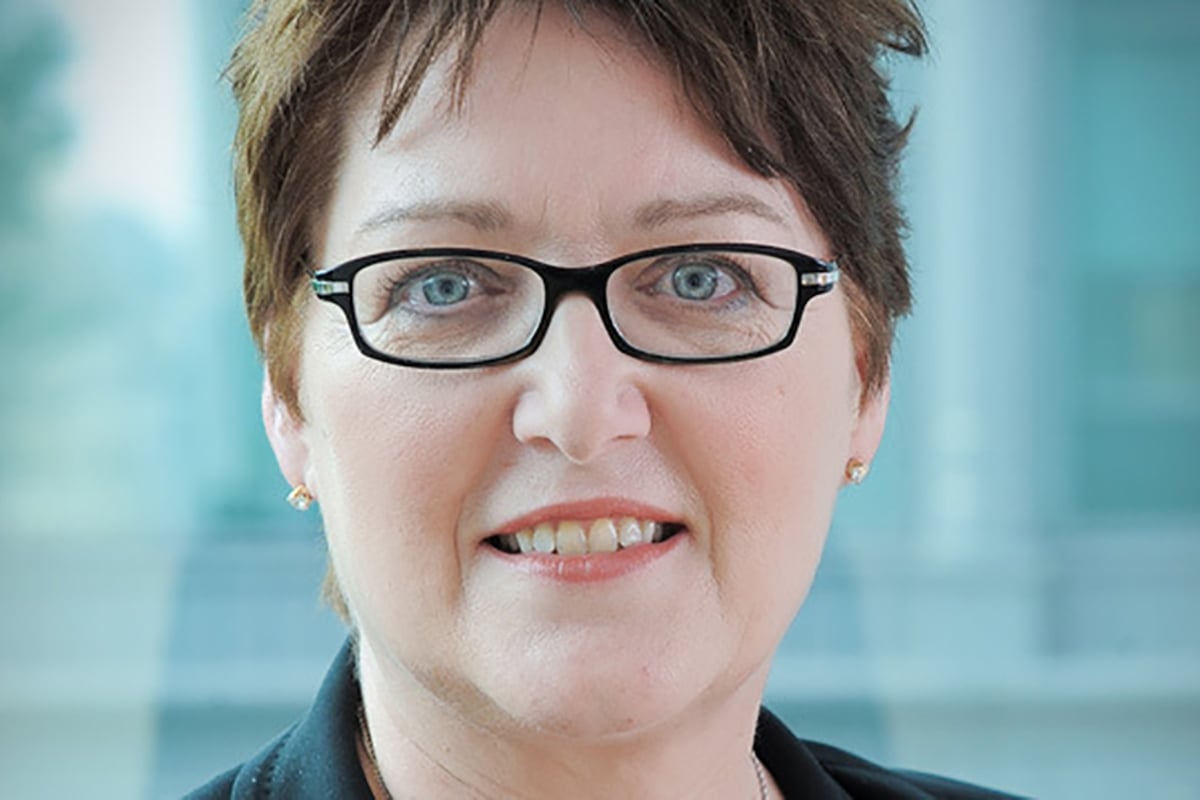IFPI calls out YouTube for abusing safe harbours, campaigns to have copyright laws changed

When presenting the International Federation of the Phonographic Industry’s (IFPI) annual Digital Music Reportfrom London last night, IFPI chief executive Frances Moore (pictured) revealed plans to investigate copyright legislation.
During a press conference phone call which TMN sat in on, Moore said the IFPI will campaign for a change within European law that allows intermediary platforms like YouTube and Dailymotion to abuse safe harbours rules to host content without being subject to copyright liability.
“When the digital world was developing a decade ago, 15 years ago, governments and administrations around the world were keen to avoid passive intermediaries,” said Moore. “[…] They created something called safe harbours and in those safe harbours, there were certain obligations on those intermediaries, but on whole those intermediaries would not be subject to copyright liability.”
Named the ‘Value Gap’, Moore used YouTube and Dailymotion as examples of platforms which use safe harbours to avoid having full licenses, which would mean they would be paying creators the same rates as services like Spotify and Deezer.
“The problem is that those safe harbours are being abused, and they’re being abused by platforms and services that have the role of promoting andmonetising content and yet they claim to be mere passive intermediaries,”Moore continued. “[…] YouTube and Dailymotion are in the business of promoting, distributing and monetising content, but claim to be mere hosting service, and then say they don’t have to take a full license.”
Moore said the abuse of safe harbours is robbing the music industry of billions in potential income. She said Spotify and Deezer have around 141 million paid and unpaid subscribers who generate US$1.6 billion for the industry. She said platforms like YouTube and Dailymotion have over 1bn users and generate around US$641 million for the industry.
The IFPI has plans to have governments clarify the legislation and will campaign over the next few years to have the law changed. A discussion is already underway in Europe.






























